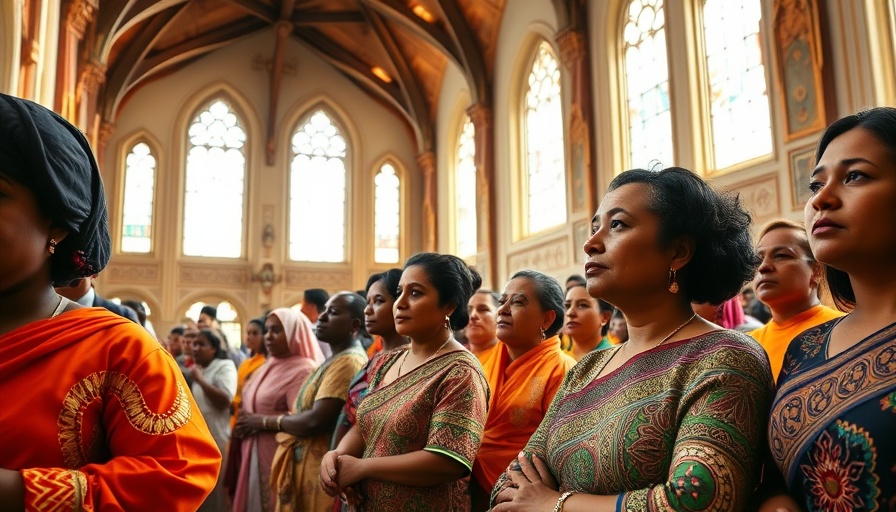
A Harrowing Night in Yelwata: A Tragedy Ignored
On June 13, 2025, a small town in central Nigeria, Yelwata, became the scene of unimaginable horror as over 500 Christians sought refuge from the growing tide of violence against their community. Many of these individuals were women and children, displaced from their homes yet again by brutal Islamist militias. Their hopes for safety were tragically misplaced.
As evening fell, armed vigilantes and a handful of police officers from nearby towns ventured out to investigate reports of terrorist activity. This, as it turned out, was a deadly distraction. Around 10:30 p.m., a heavily armed “killer squad” of Islamist insurgents descended upon Yelwata, unleashing chaos and killing over 200 innocent people in a shockingly coordinated three-hour attack. It was a massacre that highlighted a grim truth: the world is often deafeningly silent in the face of such brutality.
The Media’s Silence: A Broader Issue
Despite more than 200 lives being lost, the international media’s coverage of the Yelwata massacre has been minimal at best. This silence raises profound questions about the global response to violence against Christian communities in Nigeria, which has been escalating for years. The Nigerian government has struggled to manage the situation, often at a loss in the face of well-organized armed groups who operate with relative impunity in the rural regions.
This inattention tells a broader story, considering that similar incidents across Nigeria go largely unreported. The United Nations has identified Nigeria as a high-risk area for religious persecution, yet the consistent outcry for intervention remains echoed in empty chambers. The stark disconnect between the severity of violence faced by these communities and global media coverage is alarming.
Counterarguments: The Complexity of Global Attention
Some might argue that the complexity of geopolitics often overshadows significant local crises. With ongoing conflicts in the Middle East and evolving geopolitical dynamics, the plight of Christians in Nigeria sometimes falls into a vortex of competing interests. Nevertheless, this complexity should not overshadow the necessity for awareness and action.
Taking Action: What You Can Do
The international community holds a critical responsibility to raise awareness of situations like that in Yelwata. Individuals can play a pivotal role by educating themselves and others about the struggles of Christians in Nigeria and supporting organizations that work toward humanitarian aid in these regions. Engaging with or donating to groups dedicated to religious freedom and human rights can weave into a larger tapestry of advocacy.
Emotional Human Interest: Stories from the Survivors
The human side of this conflict is often eclipsed by statistics and numbers. Survivors of the Yelwata massacre and similar attacks possess harrowing tales that deserve to be heard. Imagine a mother clutching her child in fear, praying for safety; each story adds a personal layer to the overwhelming narrative of violence. Their resilience in the face of such adversity can serve as both an inspiration and a catalyst for activism among those of us who stand in solidarity.
Conclusion: Why We Must Not Look Away
As we digest the details of Yelwata and other similar tragedies, it’s crucial to remember that silence is complicity. The world has a responsibility to respond to and amplify the cries of the oppressed. We must look beyond our immediate surroundings to see the injustices that exist and advocate fervently for those who cannot speak for themselves. To do so is not merely an act of solidarity; it's a moral imperative.
Together, we can make a difference by ensuring that the world hears the stories of those affected and by demanding accountability from our leaders.
 Add Row
Add Row  Add
Add 




Write A Comment